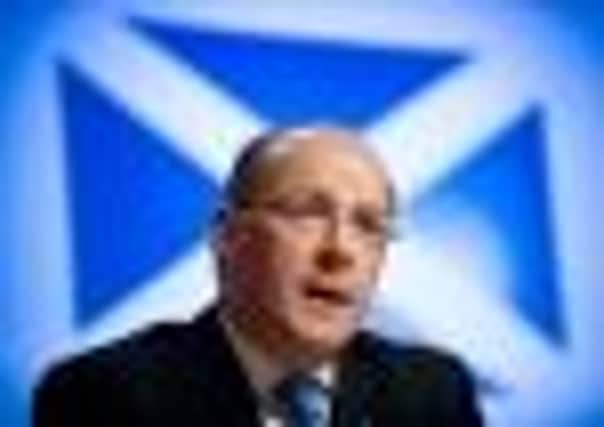Scottish independence: SNP defends plans to give native EU nationals vote over ex-pat Scots


The Finance Secretary said the approach would mirror that adopted for previous votes, including the devolution decision.
He said many EU nationals have lived in Scotland for decades and “make a contribution” to the country.
Advertisement
Hide AdAdvertisement
Hide AdScotland on Sunday revealed today that 58,004 people from European Union nations would be allowed to vote in the independence ballot.
The figure was revealed to MPs by Conservative Scotland Office minister David Mundell.
Launching the Scottish Government’s consultation on the referendum on January 25, First Minister Alex Salmond said the people who “live, work and bring up their families in Scotland” should be the ones taking the decisions about the country’s future.
On the BBC’s Sunday Politics show in Scotland today, Mr Swinney was asked whether such a situation was reasonable when 750,000 Scots living south of the border would not be able to vote in the referendum.
The Finance Secretary, who did not dispute the figures, told the programme: “The franchise issue is an important one for the referendum and the approach that we’ve taken is to essentially mirror the franchise that elected the Scottish Parliament in May of last year, the franchise that led to the referendum in 1997 which established the Scottish Parliament, which is essentially the local government and Scottish Parliament franchise.
“That does include the 60,000 EU nationals that are living in Scotland.
“But many of these individuals - I can think of constituents of my own who are EU nationals - have been living in Scotland for 10, 20, 30, 40 years, creating opportunities and wealth in our communities. This is very much their home, so they’re able to make a contribution to Scotland.
“Of course, the one difference that we would put forward in the franchise is that we would want to extend the franchise to 16 and 17-year-olds to make sure that young people whose futures are entwined with the issues around the independence referendum have an opportunity to express an opinion.”